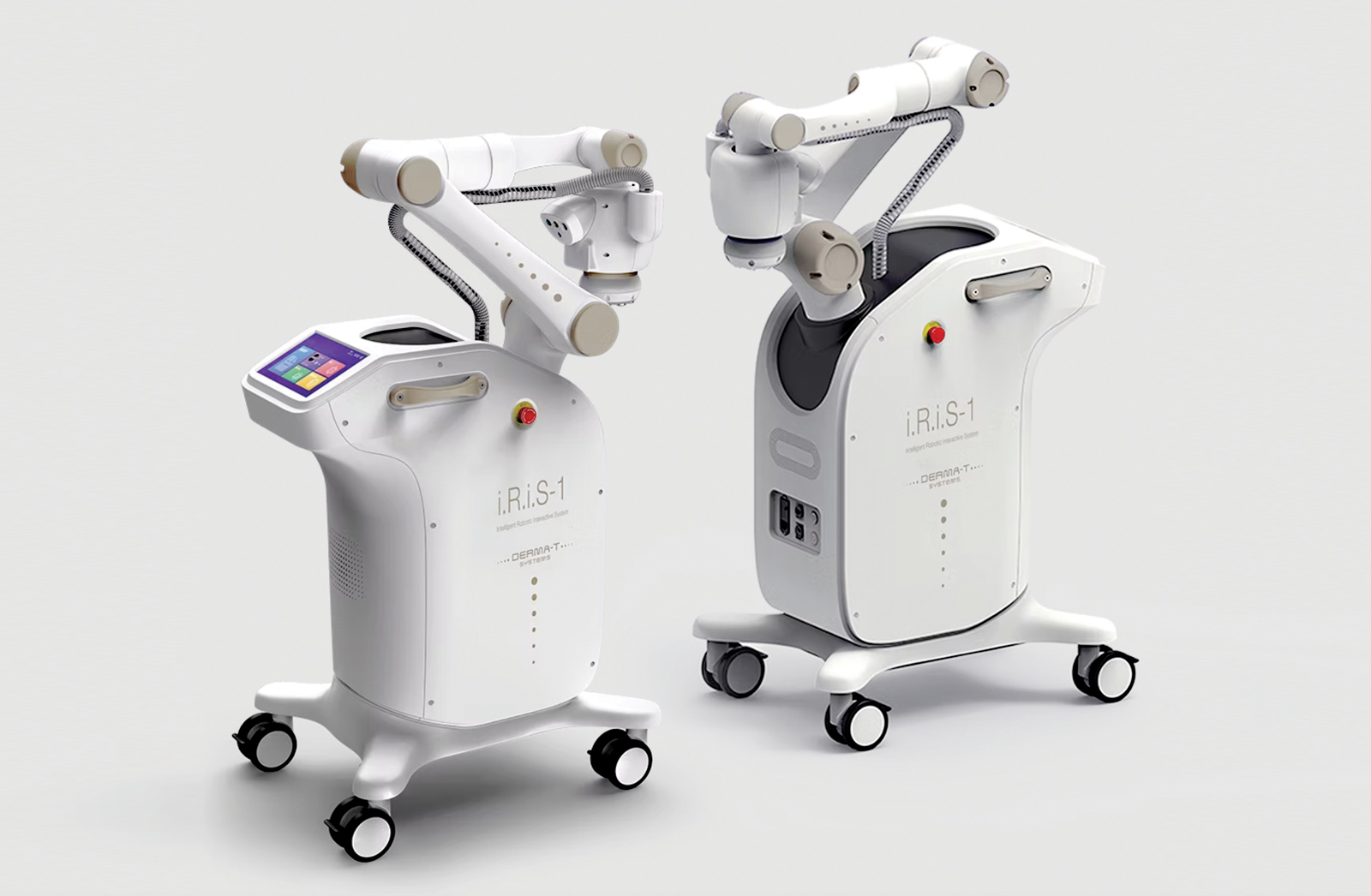Created through contributions of fifty Parkinson’s experts, allied health professionals, and Canadians living with Parkinson’s, the up-to-date, 6th edition of Every Victory Counts, has been published by Parkinson Canada, in partnership with the Davis Phinney Foundation.
By transforming this must-have publication with Canadian specific information Parkinson Canada continues the tradition of making “Every Victory Counts” a “reliable gold-standard resource” for individuals, their families and care partners.
A comprehensive resource, that helps people get their bearings after receiving a Parkinson’s diagnosis, the free manual is equipped with tools and practical information to improve quality of life. What’s inside?:
• A focus on living with Parkinson’s: a detailed breakdown of motor, emotional, cognitive and autonomic non-motor symptoms, and causation, progression and types of Parkinsonism, and diagnosis.
• Applicable treatments and therapies: An explanation of the different medications, treatments and surgical options available in Canada, with an emphasize on exercise, nutrition and alternative therapies to help you prosper.
• How to thrive with Parkinson’s: including considerations for social connection, managing your relationships and emotional health, and planning for your future financial and care needs.
The Every Victory Counts® Canadian Edition includes worksheets, checklists, and assessments designed to help individuals manage Parkinson’s and gain a deeper understanding of their condition. These helpful tools allow users to track symptoms, document changes, and be knowledgeable enough to have meaningful discussions with their healthcare providers. They also enable goal-setting for wellness activities like exercise, providing a clear view of progress and areas for improvement.
The downloadable worksheets are also designed to be utilized for tracking and awareness of the timing and characteristics of your symptoms, to document symptoms, note changes and log progress towards achieving wellness goals. They’re designed to be printed to be taken to any appointments, conversations or treatment sessions, as needed.ϖ
Anjolina Rankin-West is an editorial assistant with an interest in healthcare and family caregiving.
Download your free copy at: www.parkinson.ca/resources/every-victory-counts-canadian-edition/
Photo: The Dutch Research Council (NWO).

From the Forward by
Professor Bas Bloem
Parkinson’s is having its day. Recent work has shown that Parkinson’s is the fastest-growing neurological condition globally, which emphasizes the need for immediate action. We need to find better ways of preventing Parkinson’s from happening in the first place, and we need to find improved solutions to optimally support all of you who have already developed symptoms. This means that we all must raise our voices to secure more funding and raise further awareness. Fortunately, more people who have Parkinson’s are speaking up. More physicians and allied health professionals are being trained to treat it, and more activists than ever are demanding that the Parkinson’s community get a seat at the table.
What’s also great news is that today we have a much better understanding of what is going wrong in the brain of people living with Parkinson’s. These fundamental insights are beginning to form the basis for innovative therapies that will hopefully be able to slow down or even arrest the progression of Parkinson’s, and which may ultimately pave the road towards a cure. Meanwhile, more and better symptomatic and supportive treatments are available than ever before. We have better and more precise medications. We understand deep brain stimulation better, and improved surgical techniques are being developed as we speak. We know how important daily exercise is and what type and intensity deliver the most benefits. Exciting new work is carefully beginning to suggest that regular exercise not only works just like a drug in suppressing the symptoms, but it may even be a way of slowing down the progression of Parkinson’s.
We also know, and this may be our most important learning, that there are several million different kinds of Parkinson’s because each person’s wishes and needs with Parkinson’s are different. There are, in fact, seven million different Parkinson’s diseases in the world, just as many as there are people living with this condition. This is not just a hollow statement, but one that has very practical implications for the care you receive in daily life.
Photo: The Dutch Research Council (NWO).












